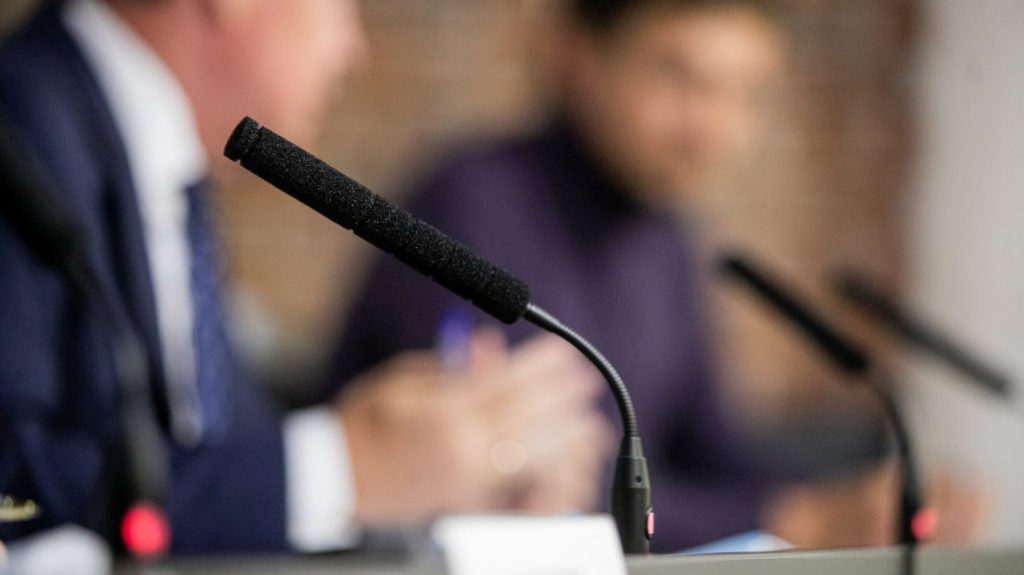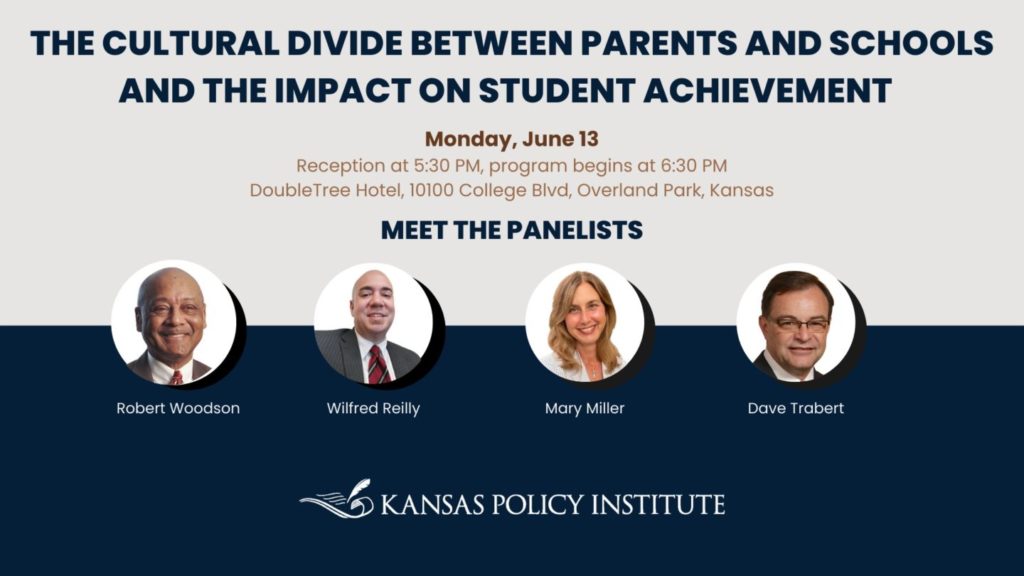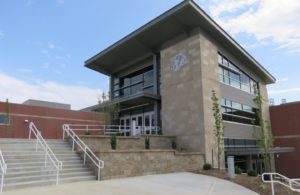Extent of far-left race and sex curricula in schools, and solutions, to be discussed by national panel at free public event in KC Monday
Frighteningly fringe curriculum on race and sexuality is much more widespread across America – and much less coincidental – than many parents realize, close observers say.
“These aren’t…

Frighteningly fringe curriculum on race and sexuality is much more widespread across America – and much less coincidental – than many parents realize, close observers say.
“These aren’t isolated incidents,” Mary Miller, of Parents Defending Education, tells The Lion. “We’re noticing that in most cases the new curriculum – and the new activism in the after-school clubs and the new training with the diversity directors – those things tend to be directed by some pretty large national activist groups. And they’re coming into schools in a systemic way.”
Miller, the private school advocacy associate for PDE, will be among a national panel of experts assembling for a public event in Kansas City Monday evening, June 13, to brief parents and concerned citizens not only about the depth and breadth of far-left indoctrination in schools but also on what ordinary folks can do about it.
“The Cultural Divide Between Parents and Schools,” at the DoubleTree Hotel, 10100 College Blvd. in Overland Park, is free and open to the public, though advance registration, available here, is required and seating is limited.
 The event begins Monday evening with a reception at 5:30, then the program at 6:30 featuring Miller and co-panelists Dr. Robert Woodson, founder of The Woodson Center and its “unapologetically patriotic” history project “1776 Unites”; Dr. Wilfred Reilly, political science professor at Kentucky State University; and Dave Trabert, CEO of Kansas Policy Institute.
The event begins Monday evening with a reception at 5:30, then the program at 6:30 featuring Miller and co-panelists Dr. Robert Woodson, founder of The Woodson Center and its “unapologetically patriotic” history project “1776 Unites”; Dr. Wilfred Reilly, political science professor at Kentucky State University; and Dave Trabert, CEO of Kansas Policy Institute.
Kansas Policy Institute is hosting the discussion, along with co-sponsors the Ralph L. Smith Foundation and Parents Defending Education.
The panel discussion, Trabert says, is the inaugural event in a new KPI campaign called “Giving Kids a Fighting Chance,” designed to help parents understand that student achievement is much lower than they’ve been led to believe – and that the public education system won’t change that on its own.
“The system actually works against kids, the way that the bureaucrats run it,” Trabert says. That’s in part because the system is so tied up in knots with teaching elements of critical race theory and gender identity and neglecting its main duty to prepare kids both academically and for success in life, he says.
Woodson, a respected civil rights and economic empowerment activist, agrees.
“I think that the children in America are suffering as a consequence of our emphasis on racial disparity,” Woodson, who is black, tells the Lion. As his 1776 Unites co-founder Ian Rowe has noted, “the biggest crisis in America isn’t the education gap between whites and blacks. It’s all students against a standard of excellence,” Woodson says.
Woodson notes that, “among 8th graders, only 34% score at or above proficiency, three points lower than they did in 2017, and 37% of the 12th graders performed at or above proficiency. So, this is one of the greatest trends in education that’s very troubling. This existed before the pandemic, and it’s a national literacy crisis.
“We’re not going to address that crisis if we’re more concerned about the race or sex of the students at the expense of literacy.”
Critical Race Theory, Woodson says, is “a parasite that was restricted to higher education for decades. It’s just sort of this virus that leaked into the public, particularly following the death of George Floyd.” The “race grievance industry,” he adds, uses Critical Race Theory “as a template to really denigrate the country. They use America’s birth defect of slavery as a bludgeon against the values and virtues of the founding. And that’s why it metastasized into the 1619 project.”
The New York Times Magazine’s 2019 series of essays falsely claims that America’s true birth date is 1619, when the first slaves arrived – and that racism is in the country’s DNA, while capitalism is an expression of white supremacy. Woodson says one other obvious fallacy perpetrated by 1619, since retracted, is that the Revolutionary War was fought over slavery.
Woodson argues that another claim of 1619’s – that today’s conditions in the black community are a direct result of slavery and racism – is provably false. “When whites were at their worst, blacks were at their best,” Woodson says, noting that 70% of blacks lived in two-parent households in slavery’s aftermath, and that the racial education gap was largely closed during the era of segregation.
Yet 1619 has become a curriculum purporting to teach U.S. history.
While many schools, school districts and elected officials claim such things as 1619 and CRT aren’t being taught in K-12 education, evidence to the contrary is indisputable, Trabert and other watchdogs say.
Asked what busy parents should be doing about all this, Woodson’s answer is simple: Assert yourselves and your rights.
“Do not permit schools to take the place of parents. Stand up. I think the good news from the pandemic is that parents were able to look over the shoulders of their children and what they were learning, and they weren’t happy with what they found.”
Miller is one such parent, who got involved several years ago when parents in her community learned about disturbing sex education tenets being taught, not just in sex ed classes but throughout other disciplines. She became what she calls an “accidental activist” as a result.
“I think all moms at some point, if they care about their kids’ educations, become accidental education activists because moms are definitely seeing what’s going on in school.”
Miller says the ideology of educational materials and consultants that are leaching into public and even private schools – such as Kansas City’s elite Pembroke Hill High School – “is very fringe and very far left, and it’s influencing the school. When they use training or resources from far-left groups, the school can get off track very quickly.”
Miller, Trabert and Woodson emphasize that Monday’s discussion will be as much about solutions in education as about problems.
“When we wrote 1776,” Woodson explains, “we didn’t want it to be a counterargument [to 1619]. We want it to be an aspirational, and an inspirational, alternative. So, people coming are not going to hear a lot of antagonism about what the other side is doing.
“We’re going to summon people to responsibility by giving them inspirational examples of people who have achieved against the odds, both historically and contemporarily.”
“People just need to understand what’s out there,” says Trabert, “so that they have the ability to make fully informed decisions and decide if they want to sit on their hands and do nothing and just allow this to continue. Because it will.”



